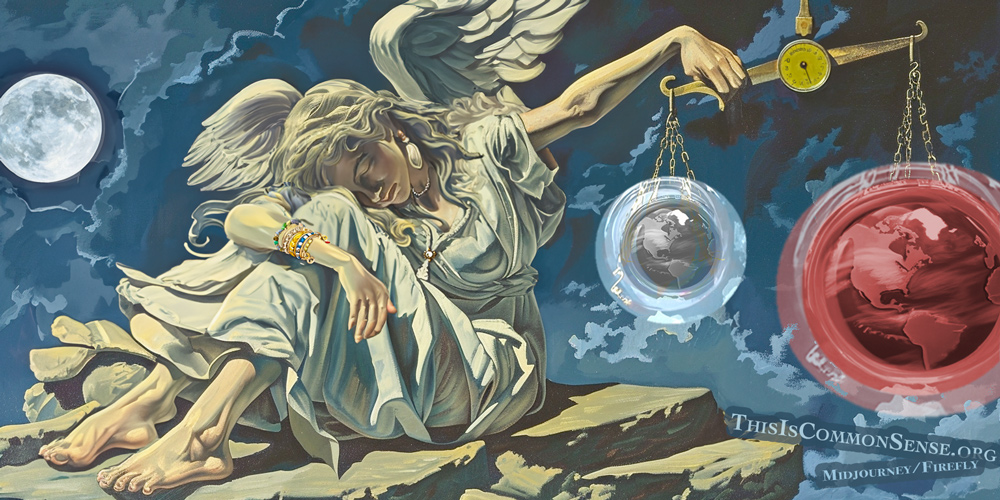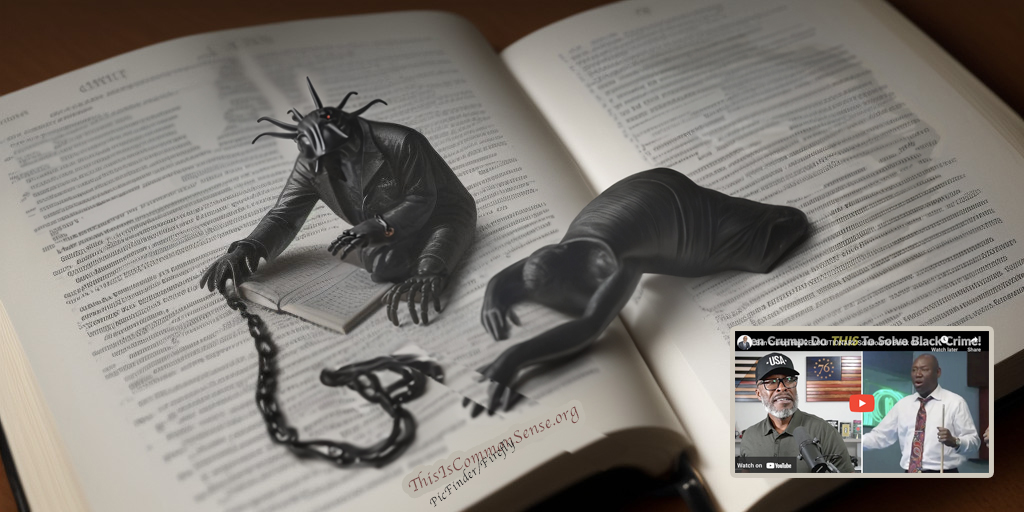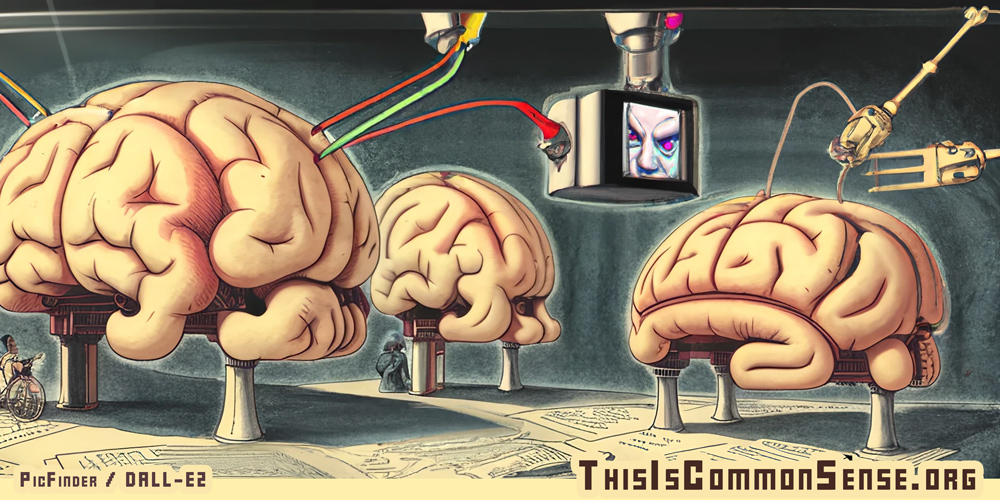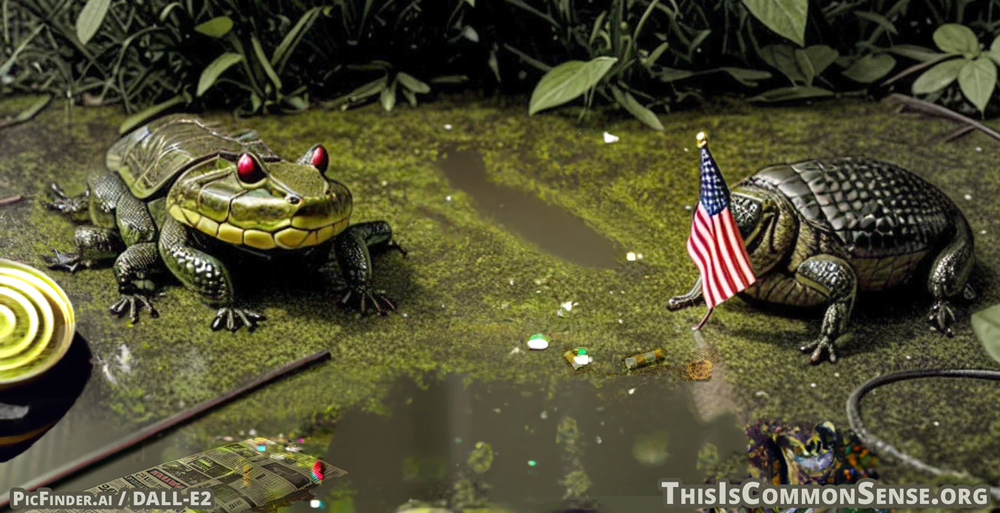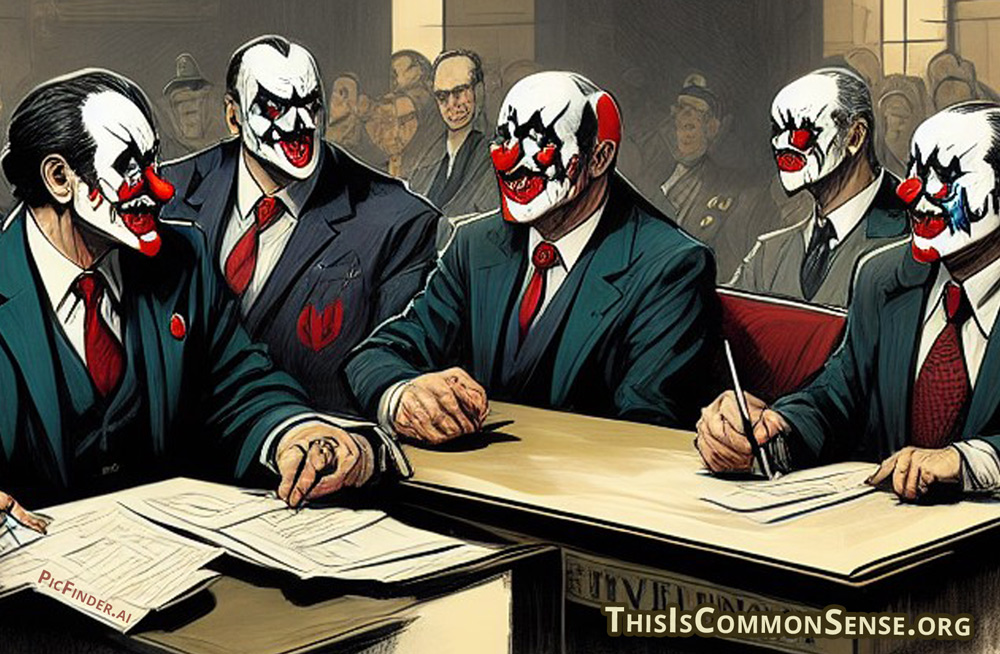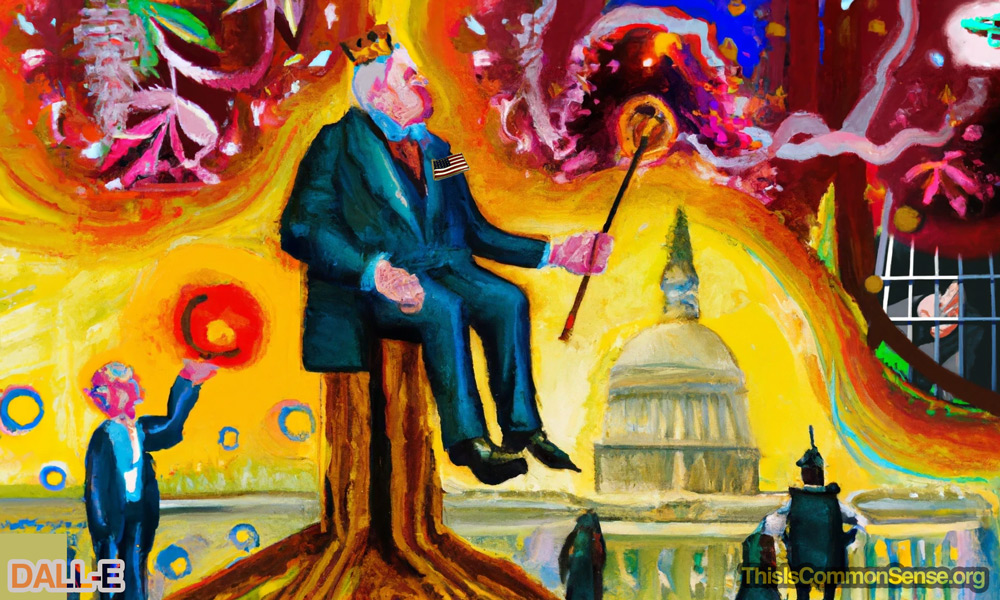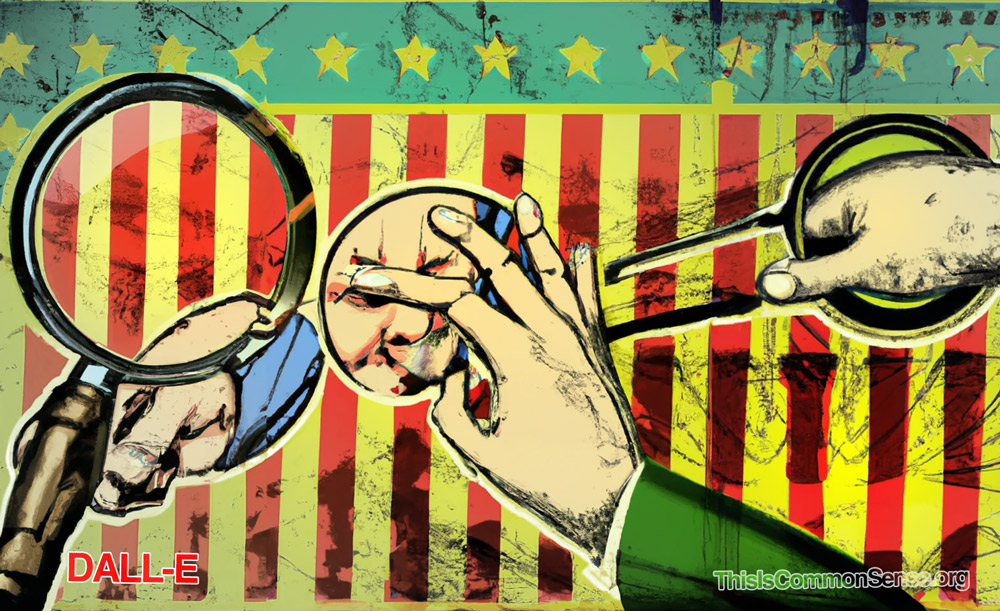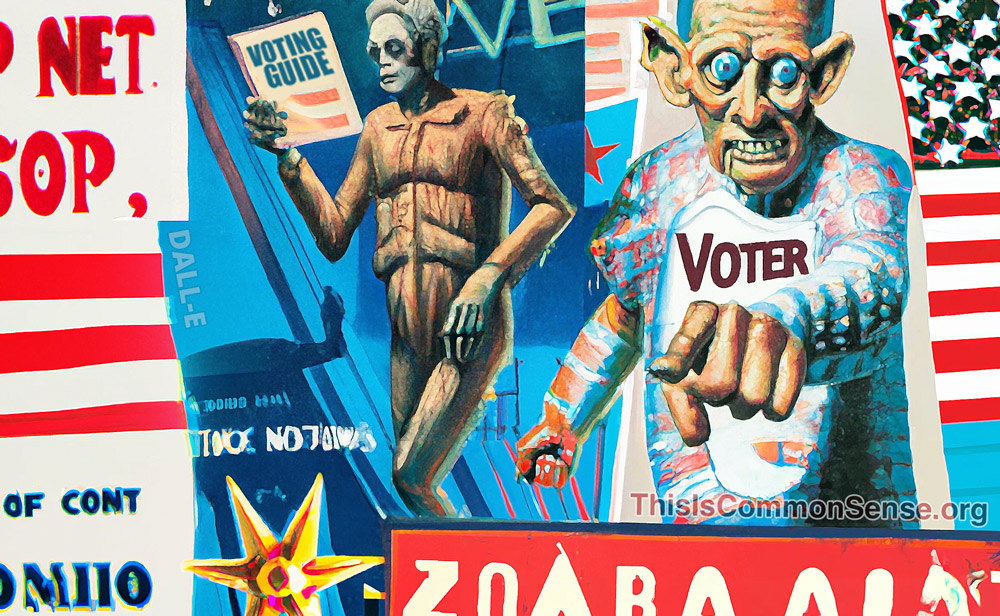Trying to find justice in the justice system is sometimes like panning for gold in a dry river. But what ho, hey, we’ve found some.
Victoria Taft points us to “a federal judge who believes in justice” … or a reasonable facsimile thereof.
Recently, California District Court Judge Cormac Carney chastised a purportedly anti-crime department of the Department of Justice for prosecuting two men who “became members of a group characterized as ‘white supremacist’” for alleged violence while carefully ignoring the often worse conduct of Antifa and BAMN members.
Carney dismissed the federal charges against the two men.
He argued that “prosecuting only members of the far right and ignoring members of the far left leads to the troubling conclusion that the government believes it is permissible to physically assault and injure Trump supporters to silence speech.…
“At the same Trump rallies that form the basis for Defendants’ prosecution, members of Antifa and related far-left groups engaged in organized violence to stifle protected speech.”
There’s something wrong when people who had been holding a peaceful event full of speeches and flag-waving are prosecuted — not just prosecuted, but selectively prosecuted — for defending themselves when violent leftists show up and act violently.
If a speaker commits an actual crime, sure, he should be punished, in a proportionate way and without regard to the ideology of the speaker. Equal justice under the law, that’s all.
How about it, Justice Department? Care to earn your name?
This is Common Sense. I’m Paul Jacob.
Illustration created with PicFinder and Firefly
See all recent commentary
(simplified and organized)
See recent popular posts
